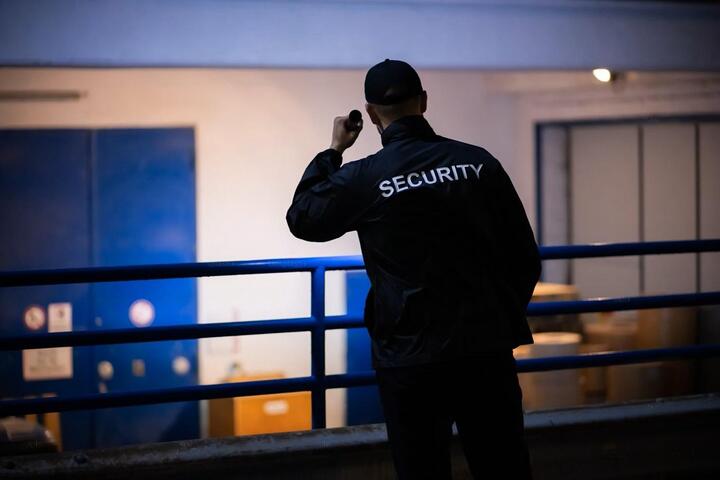Blog Information
- Posted By : Security Hire Melbourne
- Posted On : Jul 15, 2024
- Views : 348
- Category : General
- Description : Here’s a detailed look at what influences the costs of hiring security guards and how you can plan accordingly.
- Location : Melbourne VIC, Australia
Overview

Security guards play a crucial role in safeguarding businesses, events, and individuals from various risks. Whether you're considering hiring security for a special event or to protect your business premises, understanding the cost factors involved is essential for effective budgeting. Here’s a detailed look at what influences the costs of hiring security guards and how you can plan accordingly.1. Type of Security Needed
The type of security required significantly impacts the cost. Generally, security needs fall into several categories:
- Unarmed Guards: Suitable for low-risk environments such as retail stores or front desk security.
- Armed Guards: Necessary for higher-risk situations where there is a potential threat of violence or theft.
- Specialized Guards: Including those trained in handling specific situations like crowd control, executive protection, or surveillance.
Each type comes with varying levels of training and responsibility, directly affecting their hourly rates and overall costs.
2. Number of Guards
The number of guards needed depends on factors such as the size of the area to be secured, the level of threat, and the type of event or premises. Larger areas or events may require multiple guards to ensure comprehensive coverage and response capabilities. More guards naturally increase costs, especially for extended periods or 24/7 security.
3. Skills and Training
Security guards with specialized skills or extensive training typically command higher rates. This is particularly true for armed guards or those trained in emergency response, crisis management, or specific industries like healthcare or banking. Investing in highly trained guards can enhance security effectiveness but also adds to the overall expenditure.
4. Duration and Frequency of Service
The duration for which security services are needed directly impacts costs. Short-term needs for events or temporary security measures might incur higher hourly rates compared to long-term contracts. Frequency of service, whether daily, weekly, or sporadic, also influences pricing as security companies often offer discounts for ongoing contracts.
5. Location and Environment
The location of your premises or event venue affects security costs due to varying local regulations, crime rates, and logistical challenges. Urban areas or regions with higher crime rates may require more extensive security measures, impacting both the number of guards and their level of training.
6. Equipment and Technology
Advanced security systems and equipment such as CCTV cameras, alarms, and monitoring devices complement the work of security guards. Integrating these technologies into your security plan adds to initial setup costs but can reduce long-term security expenses by enhancing efficiency and effectiveness.
7. Customization and Additional Services
Customized security solutions tailored to specific risks or needs incur higher costs but provide targeted protection. Additional services such as background checks, risk assessments, or emergency response planning contribute to comprehensive security strategies but come at an added expense.
8. Company Reputation and Experience
Choosing a reputable security company with a proven track record may involve higher costs but ensures reliability and professionalism. Established firms often invest in rigorous training programs, quality assurance measures, and liability insurance, which contribute to their pricing structure.
Planning Your Budget Effectively
To effectively budget for security costs, consider the following steps:
- Assess Your Security Needs: Determine the level of risk and type of security required based on your specific circumstances.
- Request Multiple Quotes: Obtain detailed quotes from several security providers to compare services, pricing structures, and included amenities.
- Negotiate Contracts: Discuss contract terms, including duration, frequency, and any additional fees or discounts available.
- Review Service Level Agreements: Clarify expectations regarding guard duties, response times, and communication protocols to ensure alignment with your security goals.
- Allocate Emergency Funds: Prepare for unexpected security needs or enhancements that may arise during the contract period.
By understanding these cost factors and planning accordingly, you can ensure effective security measures within your budget constraints. Prioritizing quality, reliability, and suitability over cost alone will ultimately contribute to a safer and more secure environment for your business, event, or personal needs.
